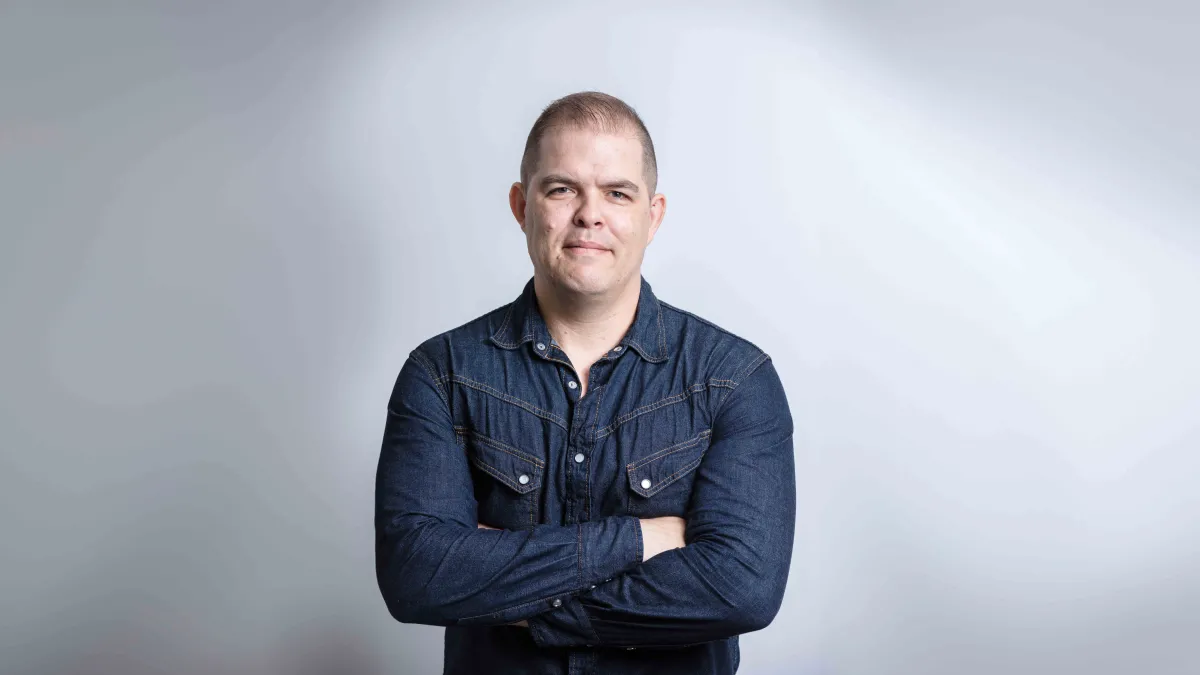
Professor Paul Dux - The University of Queensland
Professor Paul Dux will discuss 'Neurochemical predictors of learning induced by brain stimulation and cognitive training'
Event series
Content navigation
Description
Neurochemical predictors of learning induced by brain stimulation and cognitive training
Hosted by: Professor Ehsan Arabzadeh
Abstract
Methods of cognitive enhancement are most impactful when they generalise across tasks. However, the extent to which such “transfer” is possible via interventions is widely debated. In addition, the contribution of excitatory and inhibitory neurochemical processes to such learning and transfer is unknown. Here, I discuss a series of a large-scale brain imaging (7T magnetic resonance spectroscopy) and stimulation (transcranial direct current stimulation; tDCS) individual differences studies with humans, where cognitive control training, decision-making and motor learning paradigms are assessed. Collectively, I will present evidence that cognitive control training and stimulation induced transfer persists for ∼30 days post-intervention and that these benefits are associated with concentrations of glutamate in the prefrontal cortex. In addition, I will show that different phases of decision-making learning are linked with distinct neurochemical correlates. Finally, I will show that tDCS dosage interacts with dopaminergic function to influence motor learning.
Biography
Prof Paul E. Dux is a psychologist and neuroscientist who received his PhD from Macquarie University and then undertook a postdoctoral fellowship at Vanderbilt University. He has been faculty in the School of Psychology at The University of Queensland since 2009 where he leads a group that studies the cognitive and neural underpinnings of cognitive control, learning and the efficacy of cognitive training and brain stimulation interventions. Dux employs psychophysics, modelling, brain stimulation and function imaging approaches and applies his work to health, military and education settings.
Location
Finkel Lecture Theatre,
The John Curtin School of Medical Research,
131 Garran Road,
Action 2601


